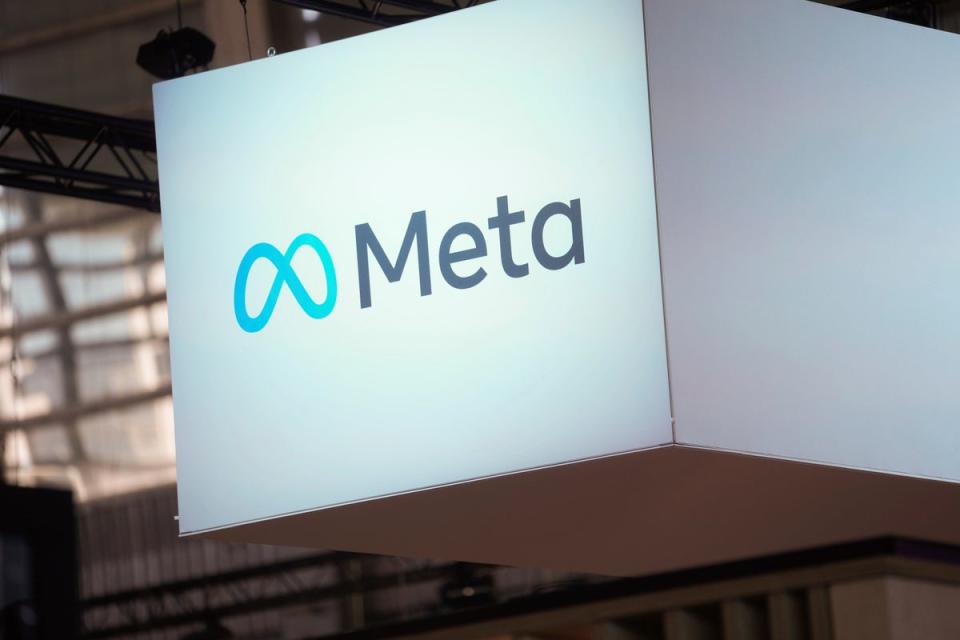Meta could face £10 billion fine as EU set to pursue rule break charge

The EU’s crackdown on the practices of Big Tech stepped up a gear today after social media giant Meta was braced for as much as £10 billion in fines for an alleged violation of competition rules.
The Facebook and Instagram owner is to be told that its new ‘pay or consent’ model, under which users must pay a fee if they refuse to have their data harvested on the platform, was in breach of the EU’s new Digital Markets Act with which tech firms were expected to comply from the beginning of March.
The EU is set to complain that the pay or consent policy risks presenting a ‘false alternative’ to users of the social media platforms, according to a report in the Financial Times, and that the cost of rejecting personal data collection could force some users to give their consent.
The decision is the latest in a string of attacks on the market behaviour of tech giants by the European Commision, and follows a similar move levelled at Apple last week, in which the iPhone maker was accused of unfairly restricting App Store developers’ ability to ‘freely steer their customers’ by offering promotions elsewhere.
The EU’s Digital Markets Act or DMA, which entered into force in November 2022, was aimed at restricting the powers of so-called ‘gatekeepers’, the largest tech companies globally, in a bid to “empower citizens to navigate the digital landscape with more choice and flexibility.” It includes giving consumers more controls over how their data is used and blocking tech firms from treating third-party products and services less favourably than their own.
Both Meta and Apple face a fine of as much as 10% of global revenues if they are found to have broken the rules. That amounts to a penalty of as much as $14 billion for Meta and $38 billion for Apple, based on the pair’s most recent annual financial results. The fines can be doubled in the event that the EU identifies repeat infringements. Apple said it was “confident” it had complied with the rules.
In a statement a Meta spokesperson said: “Subscriptions as an alternative to advertising are a well-established business model across many industries, and we designed Subscription for No Ads to address several overlapping regulatory obligations, including the DMA. We will continue to engage constructively with the Commission.”
EU Competition Commissioner Margarethe Verstager said last week: “I find it surprising that some of the most valuable, respected big companies on this planet do not take compliance as a badge of honour,” adding that it was “plain vanilla to ask for a fair, open and contestable marketplace.” Verstager said she had “a number of Apple issues; I find them very serious.”
The EU has also said it could open a probe into Microsoft’s partnership with ChatGPT maker OpenAI and Google’s AI deal with Samsung.
Camilla de Coverly Veale, policy director at tech policy group Startup Coalition, said: “There are two ways of thinking about competition policy for tech – making it easier to compete with Big Tech or regulate Big Tech like monopolies. The first allows startups to compete and the latter preserves the status quo – this decision seems more of the latter.
“The DMA is quite heavy-handed, it’s quite broad-brush. The EU is sending out notifications left right and centre in a bid to try and win this space. Whether all these moves turn out to be sensible remains to be seen.”

 Yahoo Finance
Yahoo Finance 